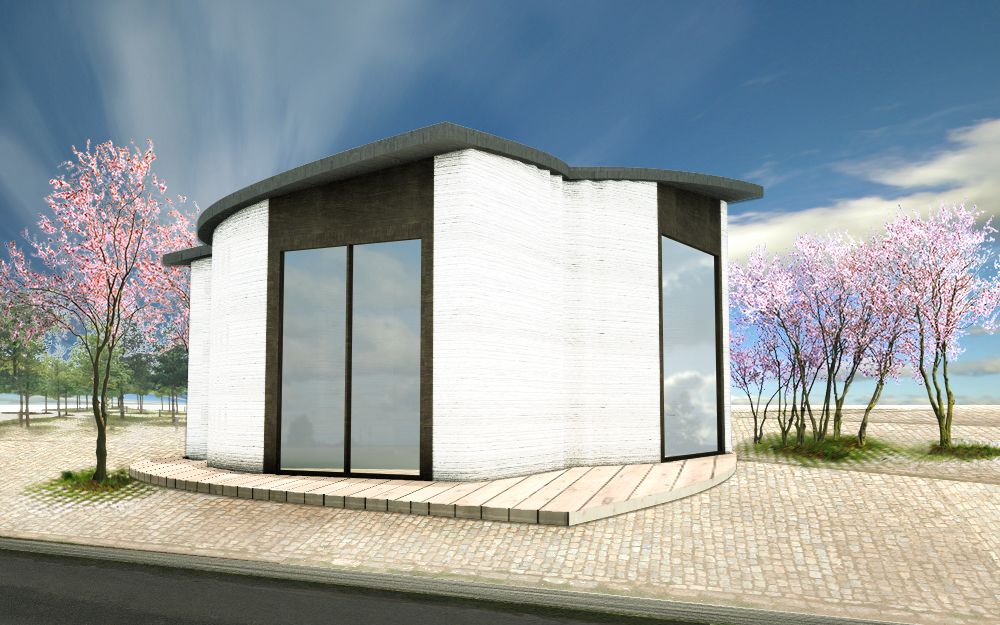While 3D-printed buildings are popping up all over the world, the first one in Europe has yet to be seen … although that could be about to change thanks to Denmark.
In the Nordhavn district of Copenhagen, a 3D printer is currently printing the first 3D building in Europe: a 50 sqm garden shed-sized building that has been given the name ‘The Bod’.
“We hope ‘The Bod’ will be an effective demonstration project that can inspire others to use 3D-print technology for buildings,” Henrik Lund-Nielsen – the CEO of 3D Pinthuset, the company behind the ‘The Bod’ – told DR Nyheder.
READ MORE: Copenhagen to host major architectural symposium
Challenges afoot
There are a number of benefits associated with building 3D houses, including lower cost, speed of construction, durability and sustainability. Last year a Russian company managed to 3D-print a building in just 24 hours.
However, there are pitfalls as well, such as quality, the printers being expensive and toxic material being found in some materials used for 3D printing.
“In principle, 3D printing is relatively easy to get started with,” Martin Tamke, an architect and expert in the 3D-construction of buildings, told DR Nyheder.
“But to get a handle on the quality so that it is consistent is a challenge. So it’s important to build prototypes to gain some experience, and it’s key that these experiences are spread across Denmark.”















